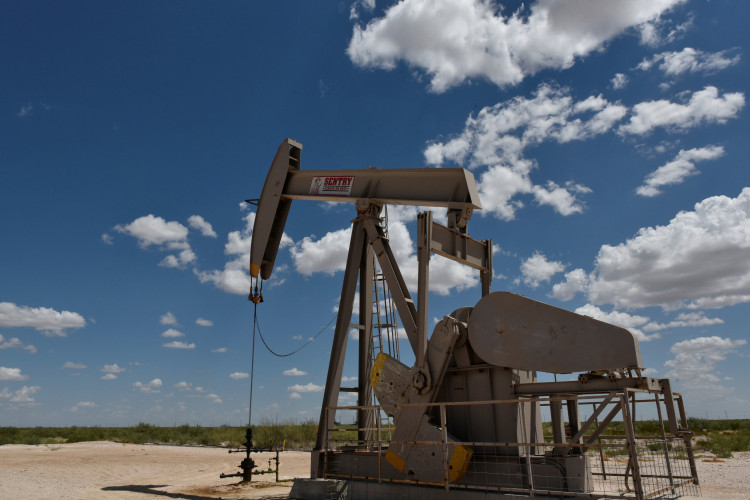The prices of oil have bounced back slightly this Wednesday, following its considerable dip on Tuesday as producers prepare for the potential supply cuts proposed by OPEC (Organization of the Petroleum Exporting Countries) and its non-member allies. Meanwhile, the rising rate of US crude stockpile has finally flatlined, which further prompted investors to make the necessary pricing adjustments in the world market.
According to Reuters, Brent crude futures LCOC1 has increased by 50 cents, settling at $66.62 per barrel. The US crude-oil benchmark, West Texas Intermediate (WTI) crude futures, meanwhile, rose by 21 cents to settle at $56.46 per barrel.
A report from the Wall Street Journal said that this is a needed breather for WTI after suffering a 12-session losing streak, which is the longest since 1983 when trading for crude oil futures began in New York.
On Tuesday alone, according to the Journal, WTI has seen a steep decline, the lowest in over three years, which ended at 7.1 percent settling at $55.69 per barrel. Brent, on the other hand, closed down at record-high 6.6 percent.
Both benchmarks took a plunge by roughly 25 percent at the beginning of October, touching a four-year high, which placed the two in a bearish market position.
Rob Haworth, a senior investment strategist for the US Bank Wealth Management, was quoted as saying by the media outlet that the previous downward pricing trend is a clear signal that investor sentiments have greatly deteriorated. However, with the seen improvement in the market, Haworth said that this would be enough for the prices of this precious commodity to achieve balance well into the year-end.
The market analyst went on to stipulate that much of what has been going on and will likely to happen in the oil market has something to do with the US production.
As cited over at Boston 25 News, the rising US crude production and inventory has finally begun to mitigate which consequently normalize the oversupply of the product into the market.
OPEC's Proposal
According to Oil Price, Saudi Arabia's energy chief, Khalid al-Falih has announced that the Kingdom might reduce its crude output by half a million barrels per day amidst concerns of oversupply.
OPEC and its non-member allies including Russia are kind of wary that the continually inflating stockpile could further squash the already declining oil prices.
The International Energy Agency said that the falling prices would greatly affect the interests of the producers and a price slump like this won't mean good to the global economy.






